Egypt voices anger after Ethiopia completes filling of disputed dam on Nile
Ethiopia announced that it has filled the Grand Ethiopian Renaissance Dam (GERD) built on the River Nile, irking downstream countries, including Egypt and Sudan, for disregarding their interest.
The announcement came on Sunday, just a fortnight after the three countries resumed negotiations on an agreement that takes account of the water needs of all three.
Since Ethiopia began the GERD project in 2011, the dam has been the source of a long-running water dispute between Ethiopia, Egypt, and Sudan, with the latter two fearing the massive $4.2bn GERD will severely reduce the share of Nile water they receive.
They have repeatedly asked Addis Ababa to stop filling it until they have all reached an agreement on how it should work.
“It is with great pleasure that I announce the successful completion of the fourth and final filling of the Renaissance Dam,” Ethiopia’s Prime Minister Abiy Ahmed said on X, formerly Twitter.
“There was a lot of challenge. We were many times dragged to go backward. We had an internal challenge and external pressure. We’ve reached [this stage] by coping together with God,” Abiy said.
The Ethiopian government’s communications service said on X that GERD, claimed to be the largest dam in Africa, was “a gift to generations”.
“Today’s heroic generation will build tomorrow’s strong Ethiopia on a solid foundation,” it continued.
Aimed primarily at generating power, the dam is expected to reach a capacity of 6,000 megawatts.
Currently, the dam’s two turbine-driven generators, out of more than a dozen of them, are generating 750 megawatts of electricity. At full capacity, the dam’s turbine-driven generators can produce more than 5,000 megawatts of clean electric energy, more than doubling Ethiopia’s current output.
Its reservoir is 74 cubic kilometers and has an impounding capacity of 74 billion cubic meters of potable water.
Egypt condemns the “illegal” announcement
On Sunday, the Egyptian Foreign Ministry condemned Ethiopia’s announcement that it had filled the dam on the Nile as “illegal.”
The “unilateral” move by Addis Ababa to complete the mega-dam filling would “weigh on” negotiations with downstream Egypt and Sudan, which were suspended in 2021 but resumed last month, the foreign ministry said in a statement.
Cairo views the dam as an existential threat because it relies on the Nile for 97 percent of its water needs.
Khartoum, which is currently mired in a civil war, has in past years also voiced serious concerns about potential water shortage.
Ethiopia has said the GERD, which is in the north of the country near the border with Sudan, will not reduce the volume of water flowing downstream.
However, the United Nations has warned that due to various factors -- in particular, global warming -- Egypt could “run out of water by 2025.”
The UN also warned that parts of Sudan were also increasingly vulnerable to water shortage as a result of climate change.
VIDEO | Thousands evacuated in Ethiopia amid earthquakes, volcanic eruption fears
Revealed: Israeli ministers eye restoration of illegal settlements in Gaza through genocide
How Los Angeles’ pistachio tycoons facilitated and profited from wildfires
Iraqi PM: Iran was in Syria to fight terrorism; presence requested by Damascus
Hamas: Israel's massacre in Jenin camp won’t break resistance
60 bodies recovered from abandoned South African gold mine: Police
Biden administration ‘quietly’ circumnavigating own ban on TikTok: Report
Iran Navy takes delivery of first advanced ‘signals-intelligence’ destroyer


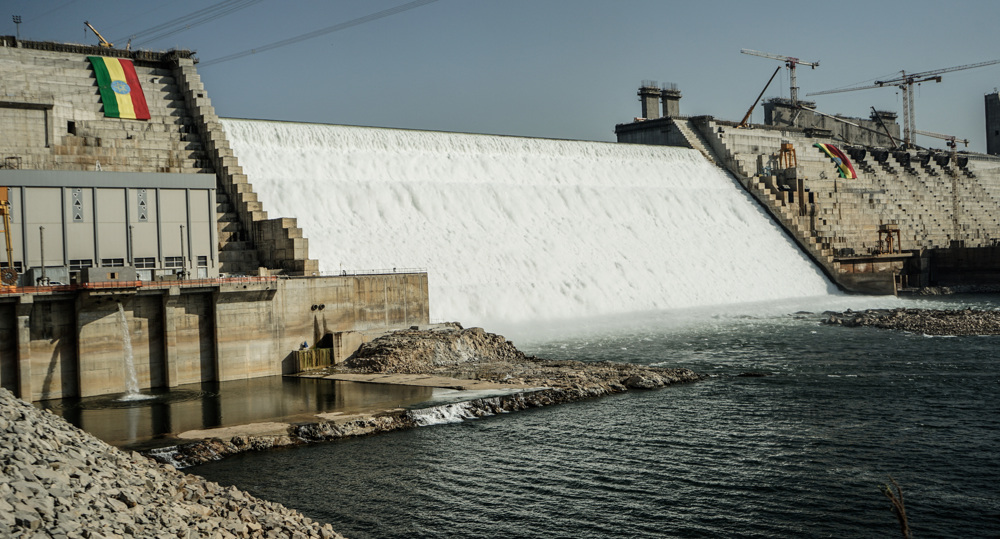
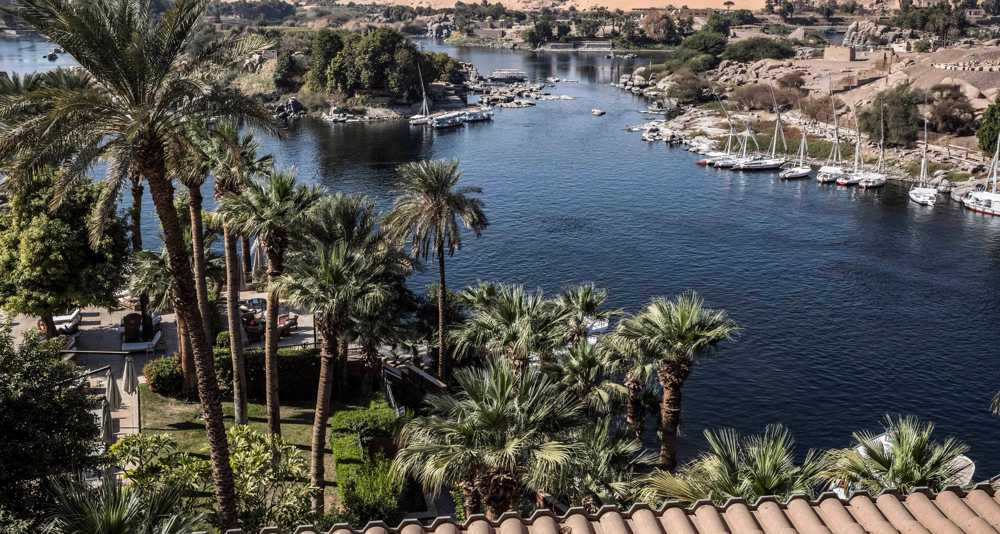


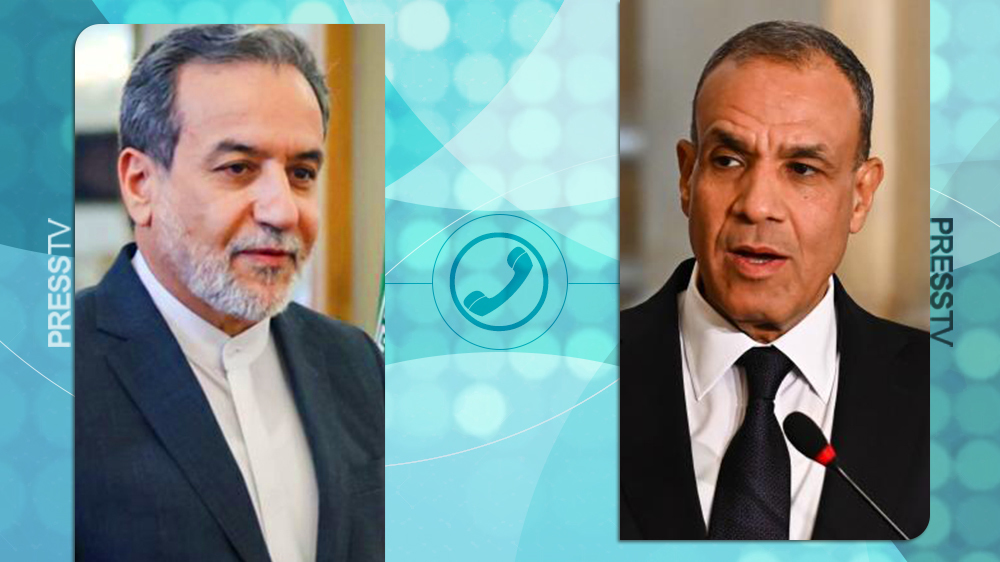



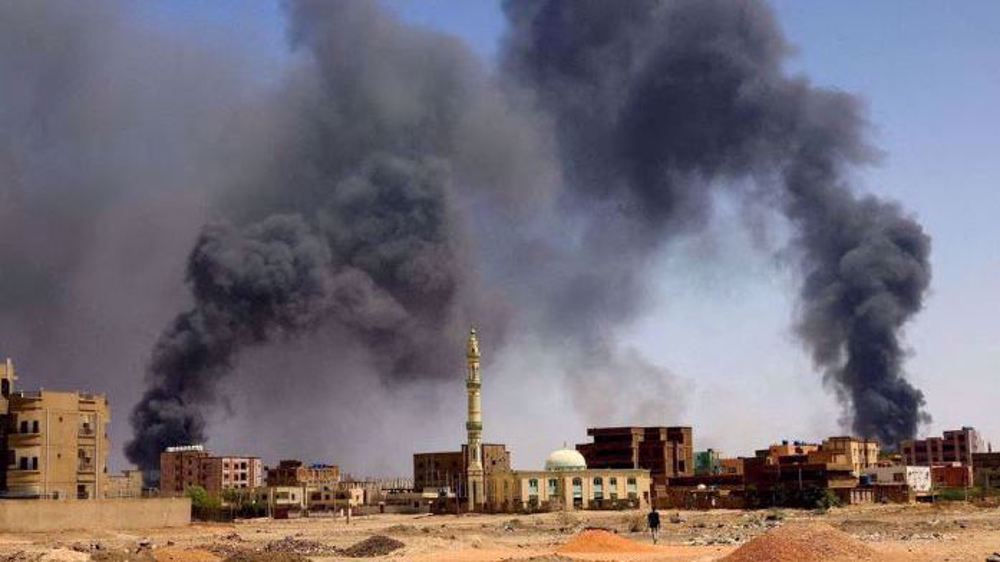
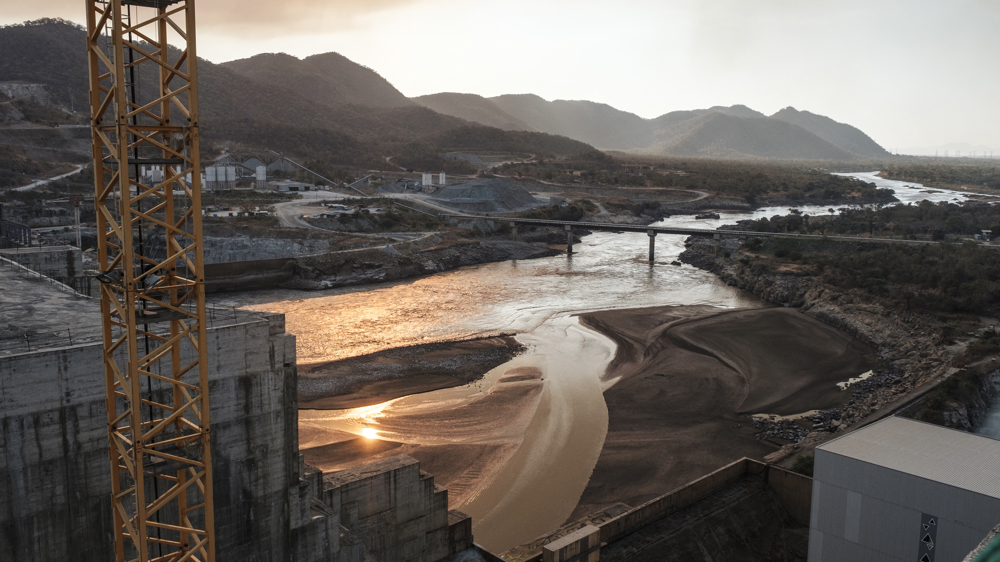

 This makes it easy to access the Press TV website
This makes it easy to access the Press TV website